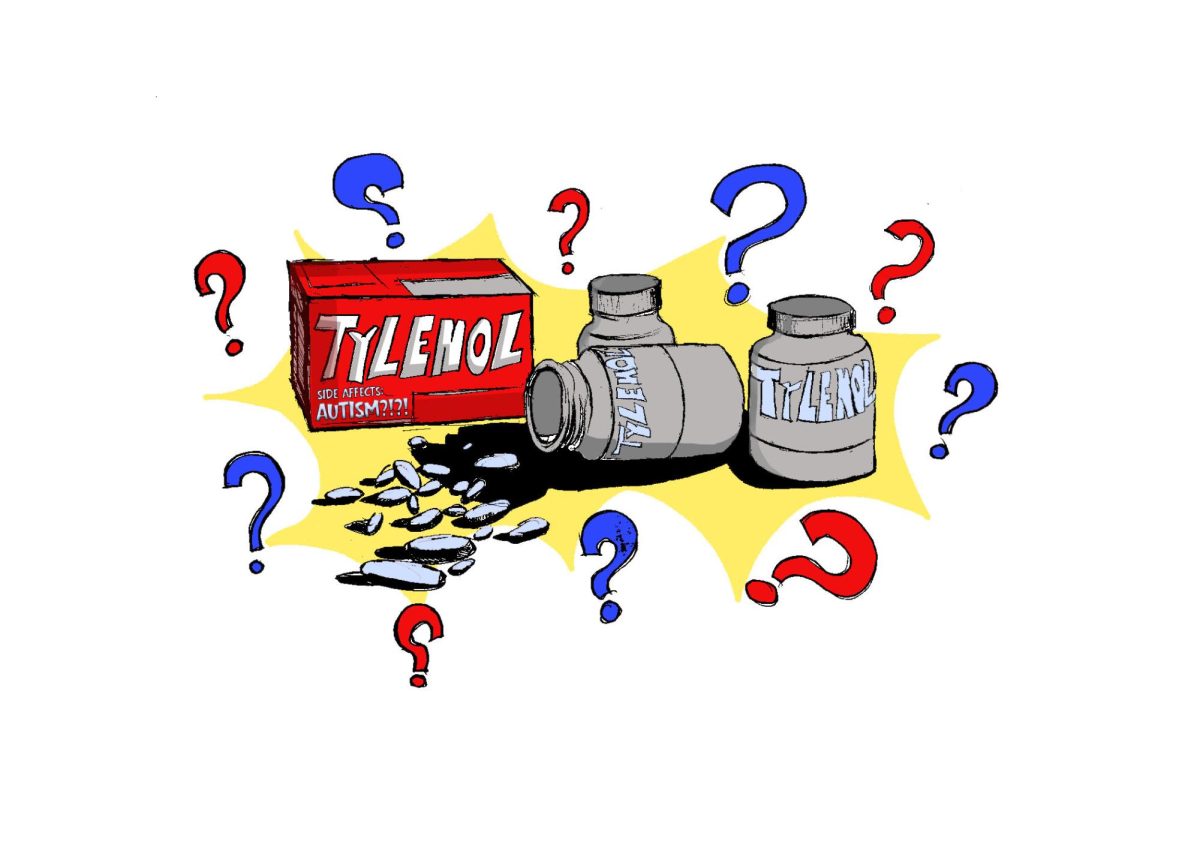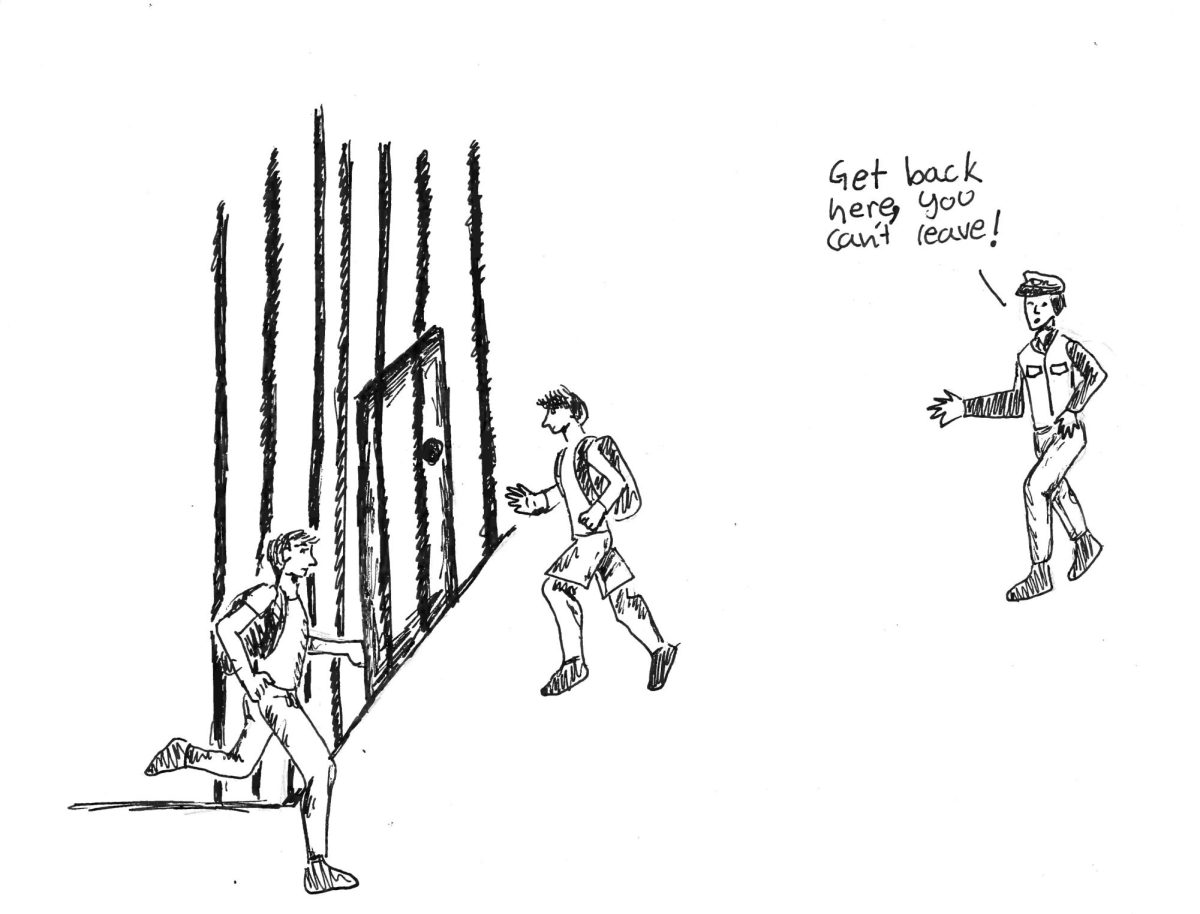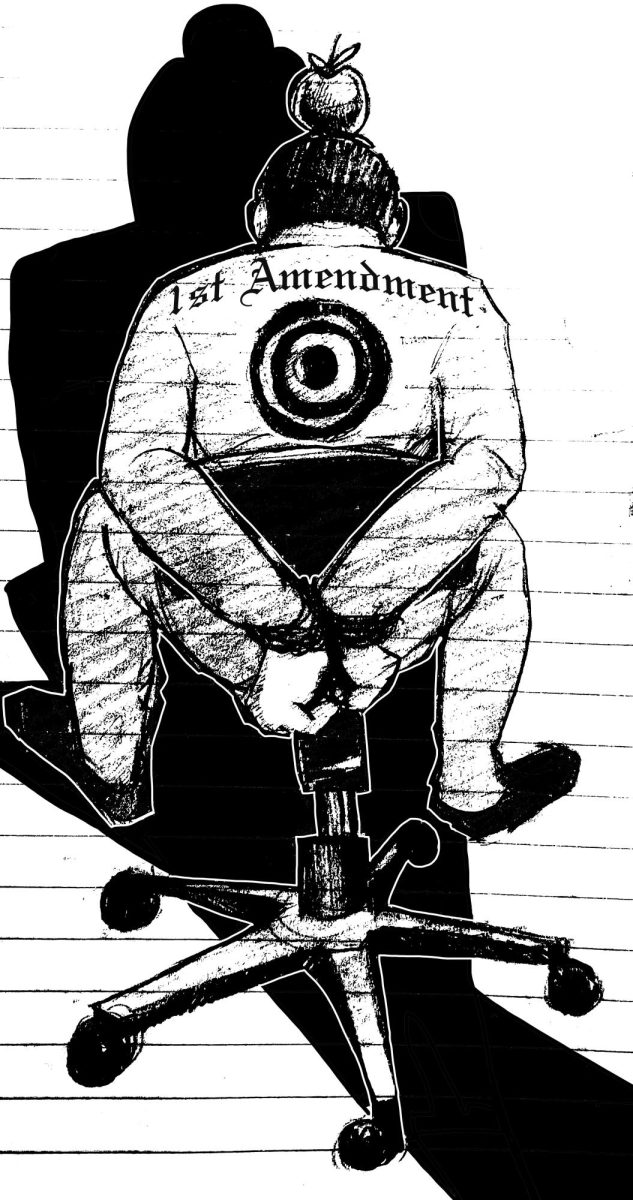Modern Feminism- Sex Worker’s Rights
March 25, 2019
The world’s oldest profession is also the world’s most dangerous. Prostitutes, or sex workers, are far more likely to be victims of abuse or homicide than women of any other profession. In San Francisco, 82 percent of prostitutes claimed to have been assaulted, while 68 percent claimed to have been raped. A study out of Colorado Springs found that sex workers were 18 times more likely to have been killed than non-sex workers of their same age and race.
Many government officials have responded to these astonishing figures by cracking down on prostitution in an attempt to eliminate it all together. However, these types of legislative decisions ultimately hurt those they intend to help. Rather than enacting legislation that further victimizes a vulnerable population, it’s crucial that we advocate for the promotion of the rights of sex workers.
In the United States, prostitution is legal almost nowhere and present almost everywhere. This leaves sex workers vulnerable and without the protections that are given to people of other professions. They can be harassed, abused, assaulted, and have no avenue in which to turn for protection. That is, everywhere except in the state of Nevada, where in certain counties brothels are legal, as long as they are licensed and comply with a heavy set of laws and regulations. Nevada requires that condoms be used for every sex act within brothels. Sex workers are tested for sexually transmitted diseases weekly and are not allowed to work unless they test negative. These brothels are also complete with security for women who work there. Unlike many of those who work on the streets, legal prostitutes in Nevada are given rooms to work in that are clean and safe. This is not to say that working conditions are perfect, many sex workers in Nevada state that sexual harassment is common and sexism is rampant. But at least they have legal avenues to navigate these situations like nearly every other worker in the United States.
This system is known as legalization, where brothels and sex work is legal, as long as they comply with laws in place around sex work. While this may seem like a great system, many sex workers advocate against legalization- but not for the reasons one might think. When prostitution is legalized, it is still illegal for prostitutes to work outside of specific brothels that comply with certain demands. Said sex worker writing under the pseudonym Molly Smith: “Widely presented as the tolerant or pragmatic approach, the legalized model still criminalizes those sex workers who cannot or will not fulfill various bureaucratic responsibilities, and therefore retains some of the worst harms of criminalization. It disproportionately excludes sex workers who are already marginalized, like people who use drugs or are undocumented.”
Others advocate for decriminalization. This is a system in which there are no laws specifically regarding consensual prostitution. However, it does require that those who employ prostitutes follow other laws that employers in the United States must follow, such as providing those who work for them minimum wage and basic protections. If these responsibilities are not met, the consequences are directed at said employer, not at the prostitutes themselves. Unlike legalization, this system does not criminalize sex workers of any sort. Amnesty International is just one organization that advocates for the decriminalization of prostitution. According to Amnesty International, “Sex workers must also have a say in developing laws that affect their lives and safety. Without decriminalization this cannot occur.”
But rather than decriminalizing sex work or allowing more protections for sex workers, The United States has cracked down harder on prostitution and those who participate in it. With FOSTA (Fight Online Sex Trafficking Act) passed in 2017, the United States Federal Government has shut down websites that “promote or facilitate the prostitution of another person.” With this came the fall of Backpage, a website previously used by sex workers to advertise their services.
Sex workers have spoken out against the closure of Backpage. Said Caty Simon, the editor of Tits and Sass, a website by and for sex workers: “many of us will die, some of us have already died… And the victims will more often be trans workers, disabled workers, workers of color, and trafficking survivors– those of us who never had many options to begin with.” For many, advertising online is far safer than on the street. When working on the street, sex workers can be arrested for “loitering with the intent of prostitution.” Women of color and trans-people are the most likely to be targeted by police officers. They are also more likely to be the targets of abuse from their clients, an issue that is only exacerbated when sex workers are unable to advertise online. This is because online they are given more freedom to decline would-be clients without potentially endangering themselves. They are also given more time to research potential clients and weed out those who could be dangerous. In addition to this, without the ability to advertise their services online, more sex workers are forced to rely on pimps for protection or to help them look for potential clients. Pimps do this in exchange for part of the sex worker’s earnings. They can also be abusive and manipulative, but when websites like Backpage no longer exists, many women have no choice but to work with them. If prostitution were decriminalized, sex workers would legally be allowed to advertise their services online. This would lead to their increased safety.
Many of those who advocate against the decriminalization of consensual sex work do so because they want to help victims of human trafficking. They state that there is often a thin line between human trafficking and consensual sex work, and that many sex workers reside in the gray area where full consent cannot occur. And they would be right about that; many sex workers who may have entered the industry consensually are stuck without a way out. While some sex workers may love their job, there are many out there who do not. However, these people, those stuck without a way out, shouldn’t be treated as criminals by the government. Instead, they should still have access to the same worker protections as nearly everyone else in the United States. They should feel empowered to go to law enforcement if they feel that they are in danger. Many of those involved in prostitution feel as though they cannot leave because they are being threatened by pimps. However, treating prostitution as a crime does not solve these problems, in fact, it makes them worse. It makes sex workers afraid to go to the police when they are in danger and leads to a stigma and stereotypes that make people think it’s ok abuse sex workers. Decriminalizing prostitution will not end sex trafficking, and it’s still important to continue to make an effort to help those who are stuck in the industry against their will. However, decriminalization would ensure that those involved in sex work are not penalized for it.
To many, sex workers will always be sluts, whores, and criminals. However, it’s important that we put our biases and preconceived notions behind us. It’s not about whether you believe prostitution is “right” or “wrong.” Whether we like it or not, prostitution is not going away anytime soon. So instead of attempting to sweep important issues under the rug, it’s important that we listen to sex workers and give them a platform to speak on behalf of issues that are affecting them. If we truly care about sex workers, we need to allow them access to the same rights as other workers. That can only happen through decriminalization.













